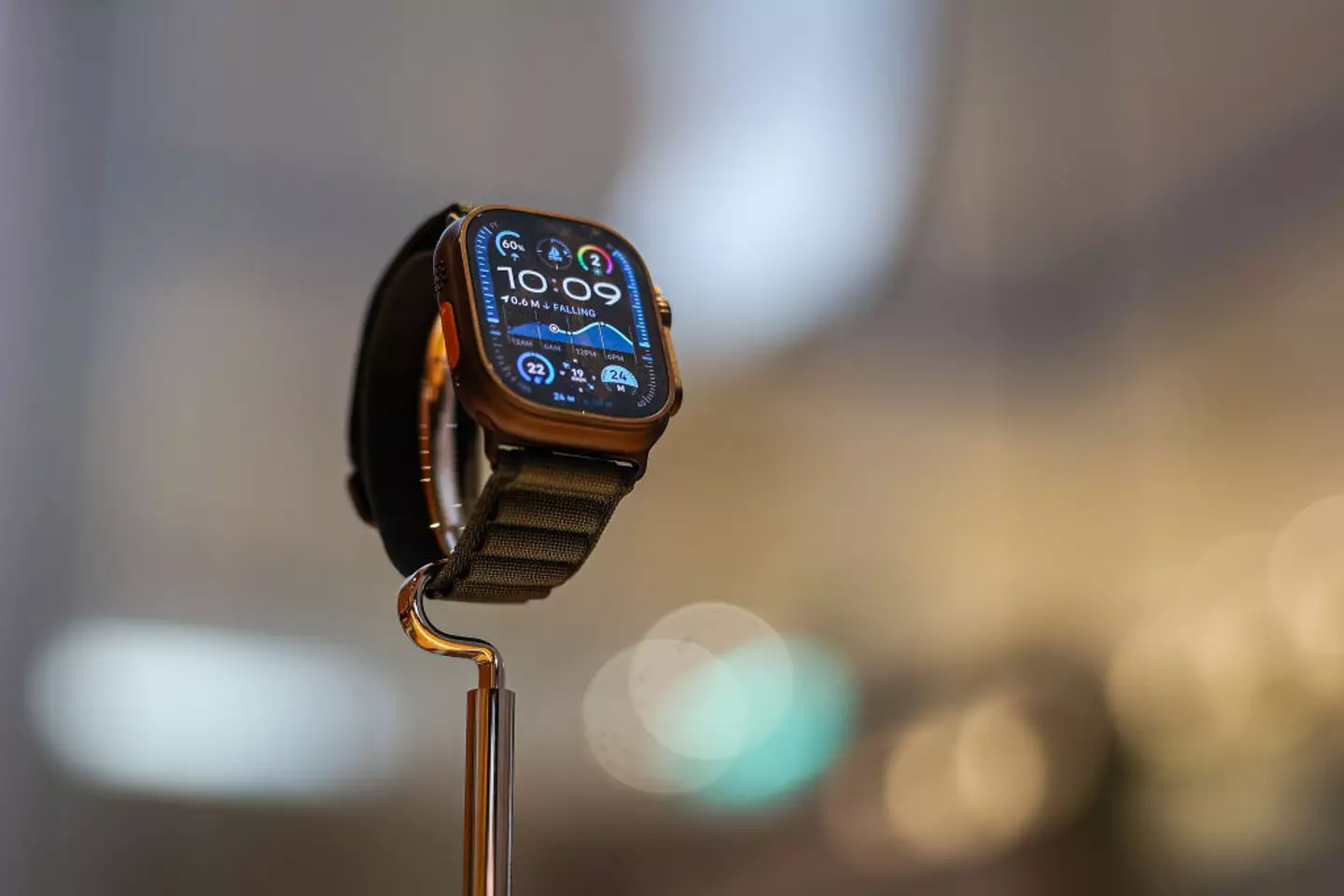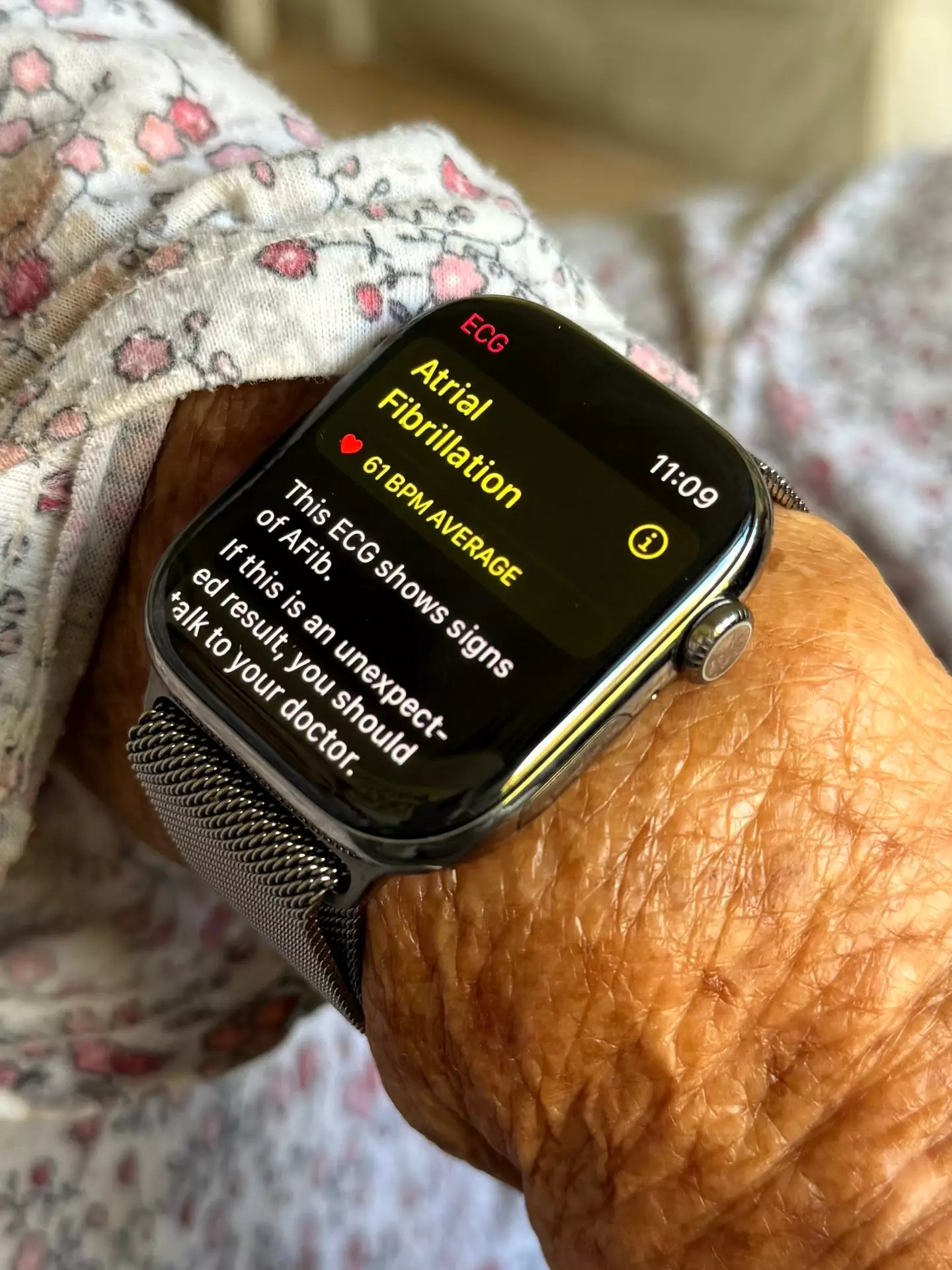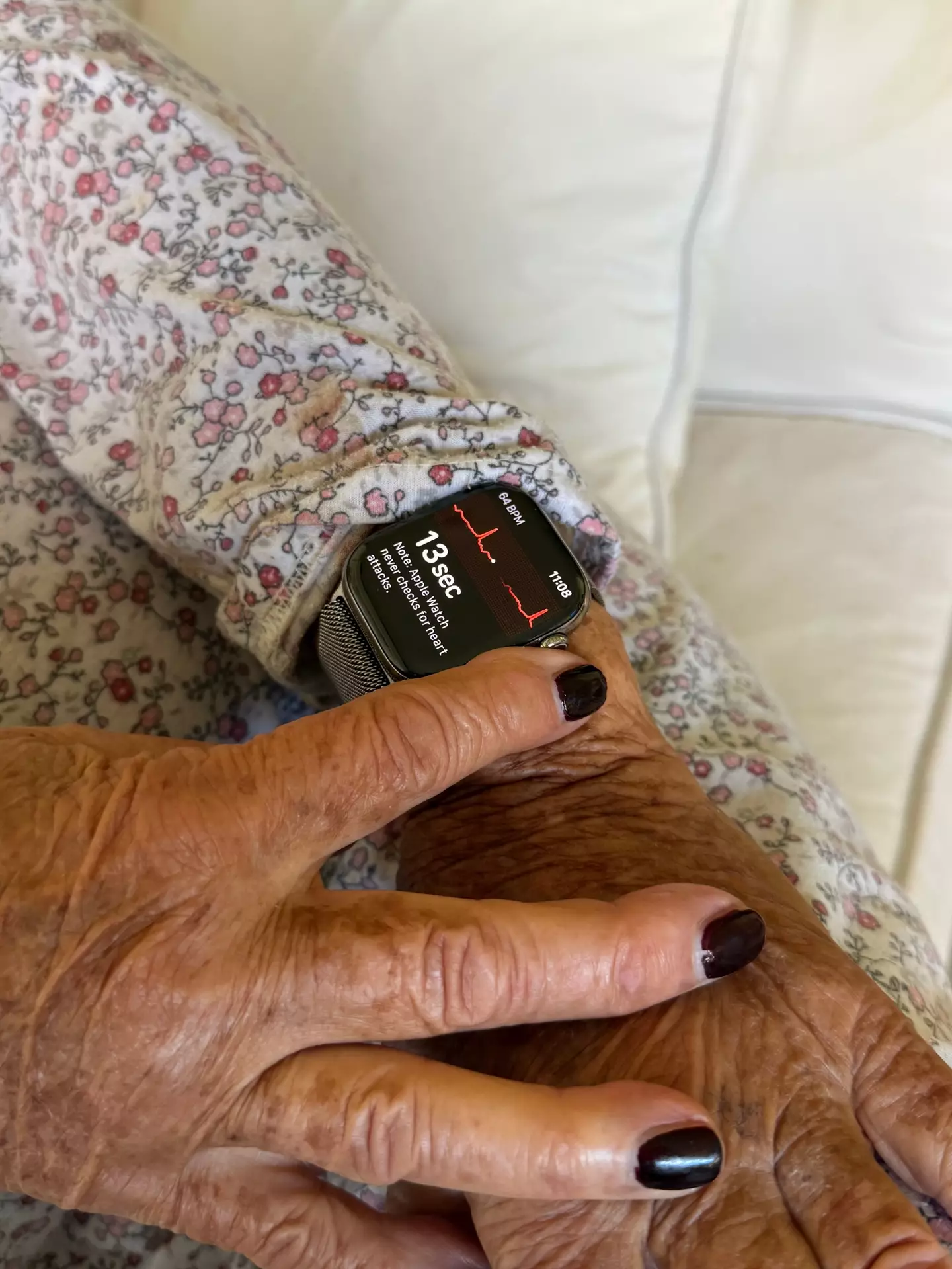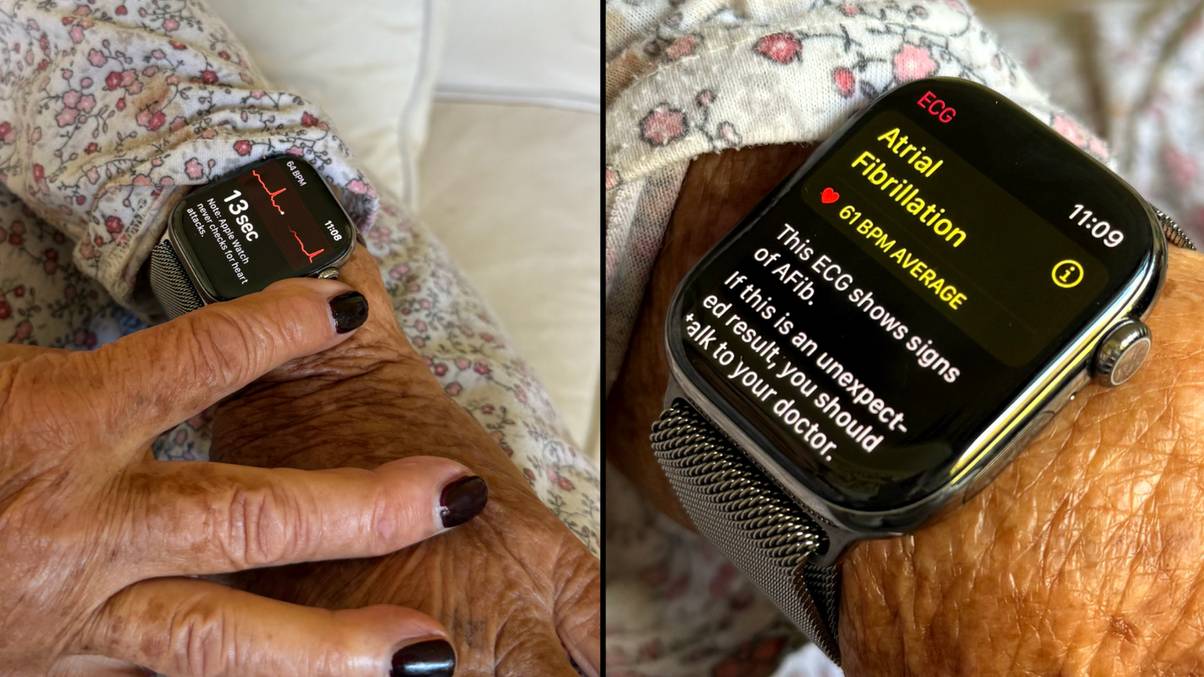“How an Apple Watch Uncovered a Life-Saving Secret Before Grandma Even Knew She Was at Risk”
Imagine this: you’re casually checking the time on your Apple Watch when suddenly, it throws a life-altering alert your way, hailing something as serious as your grandmother’s heart condition! That’s exactly what happened to one stunned user who found himself completely floored—jaw on the floor, heart racing, even if it wasn’t the kind of racing his watch was designed to monitor. This tale isn’t just a wild tech story; it’s a testament to how smart devices are evolving to become health guardians right on our wrists! With features that can preemptively point out potential health issues, our beloved gadgets seem to know us better than we know ourselves. So, what if our watches could predict not just when we might be feeling ill but also when to call for backup? Let’s dive into this incredible real-life moment and explore how technology is reshaping our approach to health monitoring! LEARN MORE.
A man was left with his jaw on the floor after his Apple Watch detected his grandmother’s heart problem before they realised anything was wrong.
One of the Apple Watch’s new features has proved to be particularly intriguing, as social media users have realised that the technology on our wrists are now capable of telling when we’re getting ill before we can.
The Vitals app is proving to be a revolutionary addition after watchOS 11 was released in September, tracking key health statistics while giving you a ‘deeper understanding of your daily health status’.

The new feature is proving to be very helpful (Annice Lyn/Getty Images)
It helps to monitor your blood oxygen, heart rate, respiratory rate, sleep duration and wrist temperature, according to the App Store.
If you keep it on while snoozing, it’ll continue to monitor these figures and notify you if something is off, which a Reddit user used to determine their sickness.
Apple Watch series six and later have the capability to run the app as part of the latest watchOS update, as more people are starting to discover how useful is features can be.
However, there are other similar health features on the watch that can prove just as useful.
One X user shared that his Apple Watch helped him find something wrong with his grandmother’s heart rate, posting: “My Apple Watch Series 10 detected my grandmother’s atrial fibrillation today using the ECG feature.
“She’s now at the hospital and receiving the care she needs.
“I still can’t believe it,” he admitted.

The watch detected her atrial fibrillation (X/@NikiasMolina)
Atrial fibrillation (AF) can be defined as a common irregular heart rhythm, which causes the organ’s upper chambers to beat irregularly, often too quickly.
A number of apps on the Apple Watch help to track AF through monitoring your heart rate and keeping tabs on your history.
The heart rate app, which explicitly states that it cannot detect heart attacks or stroke, notifies you when you have an irregular heart beat. While it’s most accurate when you’re not moving, irregularities signalled by the app could include signs of AF.
The ECG app also helps to generate an electrocardiogram, or ECG, waveform and determine if it is AF or a different condition by examining electrical pulses that make your heart beat.
Finally, ‘AFib History’ can help to keep track on detailed information about your health on your iPhone, as the alerts will work out the amount of time that your heart may have shown signs of AF in the past week.

The newer models of the Apple Watch are capable of monitoring several aspects of your health (X/@NikiasMolina)
It also reveals the time of day where your heart most frequently shows signs of this.
Despite all the help that the Apple Watch can provide with heart health, they state on the Support website: “The Apple Watch can’t detect a heart attack or stroke. If you experience chest pain, pressure, or tightness, call emergency services immediately.”












